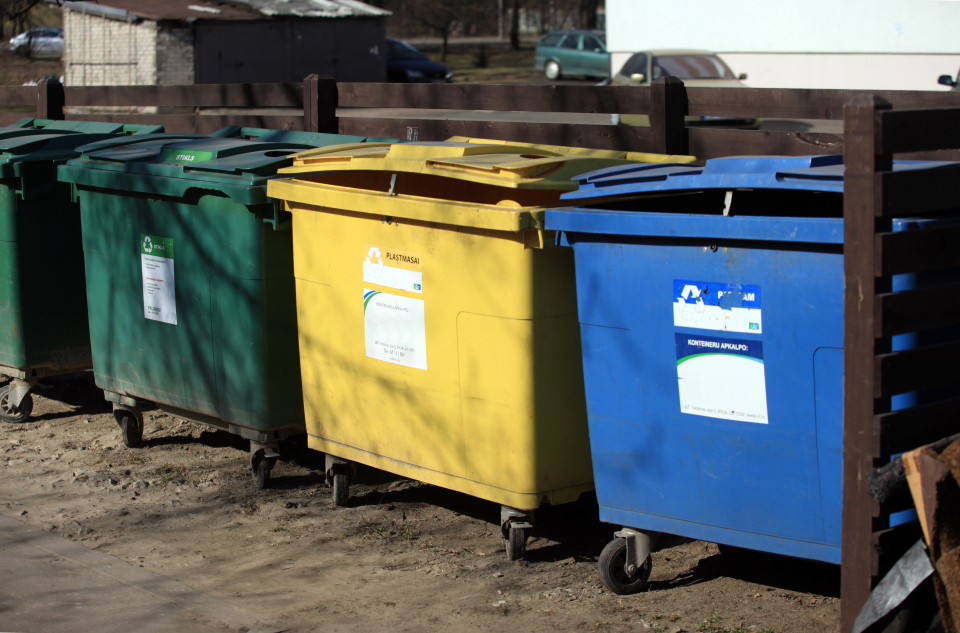Latvian Association of Local Governments (LPS) councilor for rural development, Sniedze Sproģe, said that waste collection needed additional investments, which "we have not had in these years".
Municipalities believe that an unattainable target had previously been set up. Moreover, it is not clear where to put this recycled waste.
“If there were enough discussions about how to implement it, it would be quicker. However, the requirements for the developmet of biodegradable waste landfills are high and require great resources. But the system must be formed slowly and gradually, and the provision must be made so that something new and modern can be created,” explained Sproģe.
“However, in most municipalities of Latvia, merchants have been employed all the time to transport the waste and therefore there are no funds left, because the merchant has taken profit for himself. It's a double-ended sword, and we don't have enough European money to do everything quickly,” Sproģe said.
The Environment Ministry's Deputy State Secretary for Environmental Protection Alda Ozola said that the Ministry has conducted a survey this year, which concludes that only half of Latvia's municipalities would be able to ensure the collection of biological waste.
“This requirement is not new and was known two years ago when these government rules were adopted – in mid-2018. We have reminded the municipalities on the Ministry's side several times about this, but perhaps the capacity and financial situation of municipalities were not sufficient to meet this requirement. The State therefore extends this deadline and at the same time it is possible to raise money through the European Union (EU) funds for projects to build these facilities where they do not already exist,” Ozola said.
Meanwhile, the head of the association Zaļā Brīvība (Green Freedom), Janis Brizga, said that the decision to postpone a mandatory deadline for sorting waste was bad news, and doubted that municipalities would meet the new deadline, hoping only for funds from European funds.
“The EU's new budget is not yet known, and when it is adopted and all the rules are in place, it will be 2021, and the introduction, preparation and tendering of projects also takes time, and therefore the question is whether we will be able to do this by 2023?”
He also added that there are many people who sort biological waste in households, particularly when residents themselves use compost in backyard gardens, but there is a bigger problem for residents of multi-apartment houses in cities.




























